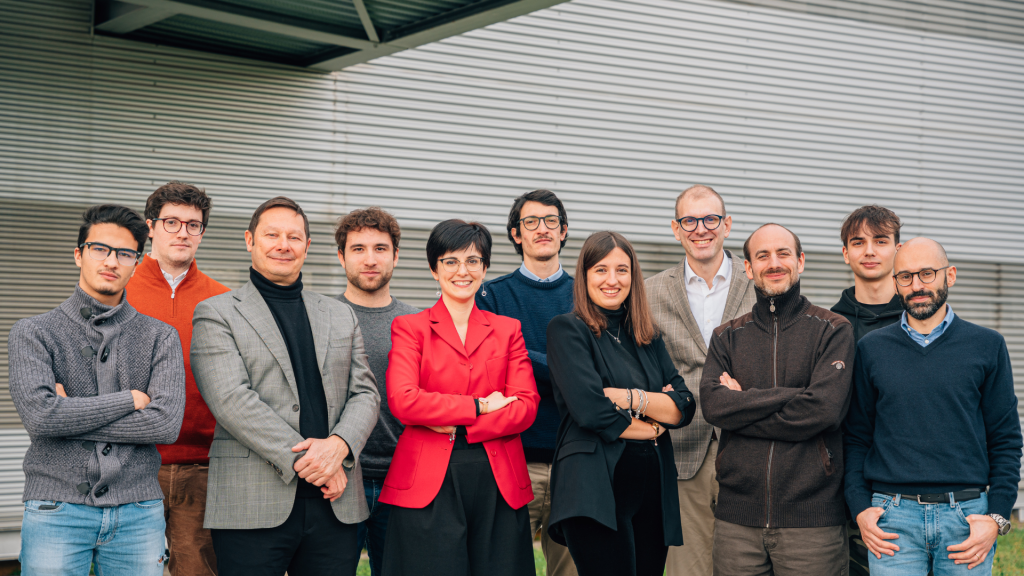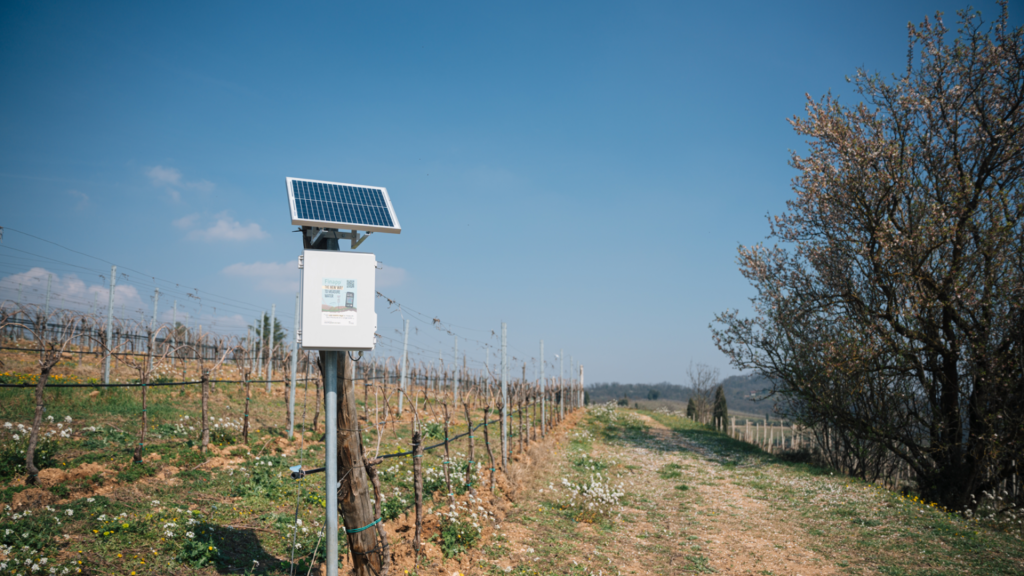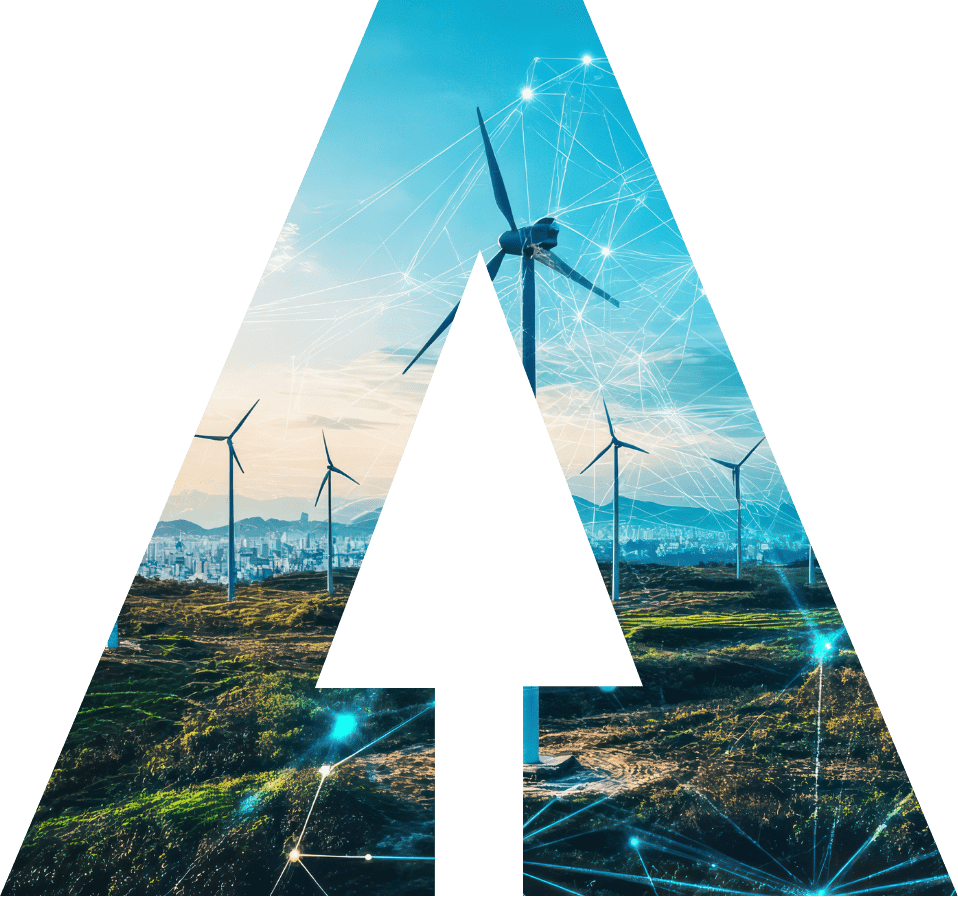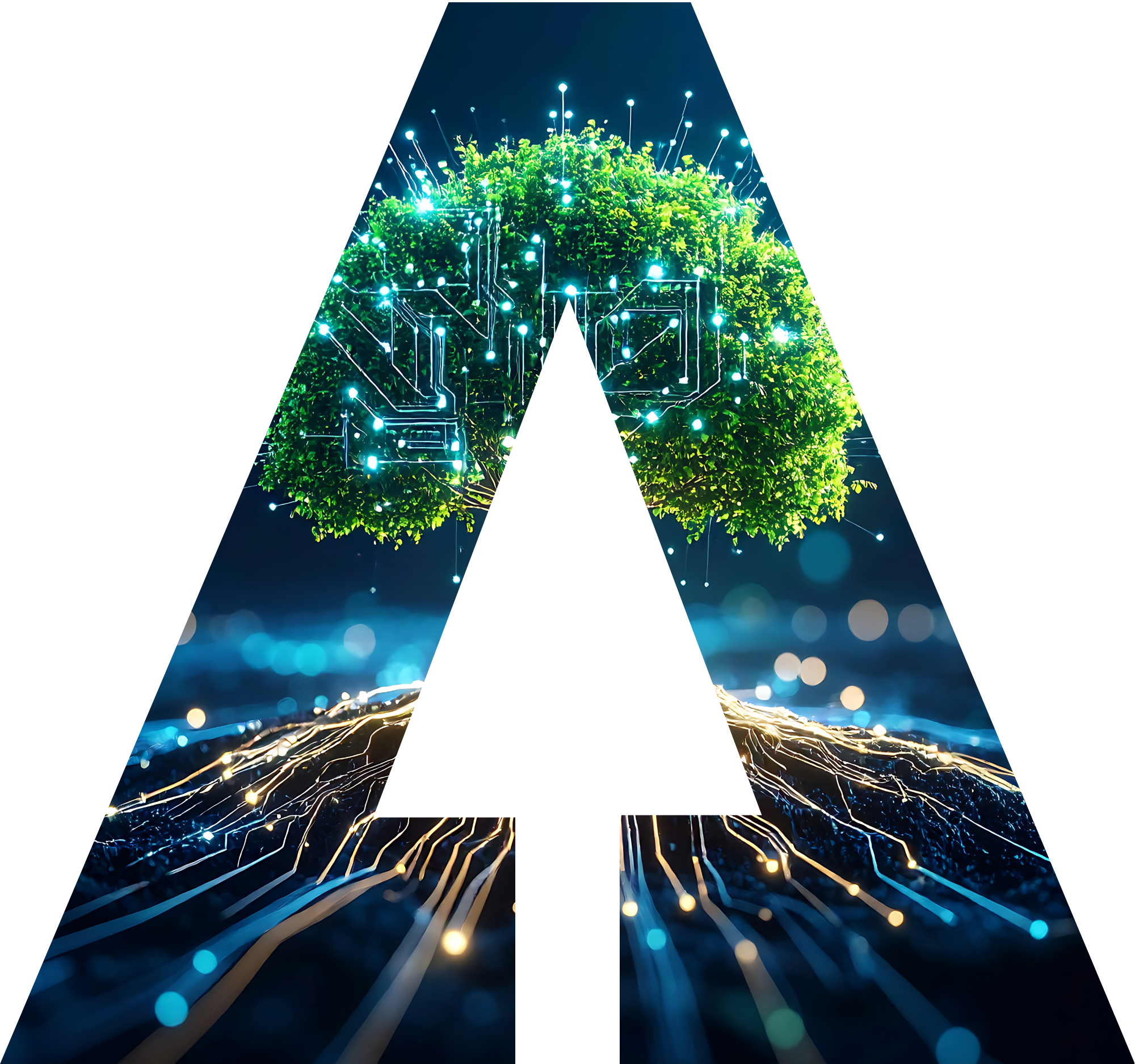In a time where technological advancements align with the pursuit of global sustainability objectives, addressing the impact of climate change using AI and machine learning becomes imperative.
AI for Good Innovation Factory is a competition organized by the International Telecommunication Union for startups utilizing AI to forge solutions aimed at overcoming obstacles to sustainable development. On 9 October 2023, during the AI for Good Innovation Factory live pitching session titled “AI/ML solutions for climate change,” seven start-ups utilizing AI, machine learning and advanced algorithms to address the impact of climate change on food security and sustainable water resources were invited to pitch their solutions in front of the AI for Good Innovation Factory judges.
Following in-depth discussions and compelling pitches, Finapp with their innovative solution that uses Cosmic Rays to measure water and help farmers to reduce water waste was awarded the first prize by the judges.
As the winner, Finapp received a prize package including a pitching opportunity and a ticket to the AI for Good Innovation Factory Grand Finale at the AI for Good Global Summit 2024, a VIP Pass, an exhibition booth, as well as exclusive mentoring from the judges, and networking opportunities with the UN.
The winning package also included an opportunity to present their solution at the 2023 United Nations Climate Change Conference (COP28), in Dubai, United Arab Emirates, and an exhibition booth at the World AI Cannes Festival 2024.
We spoke to Angelo Amicarelli, CMO at Finapp. In an exclusive conversation, Angelo shared enlightening insights into the innovative spirit and inspiration to address the UN 2030 Agenda for Sustainable Development, and here are the five key takeaways.
Can you tell us about your winning solution?
Finapp’s journey began at the University of Padua from which it takes its name, inspired by the potential of particle physics to address environmental challenges. In Italian, in fact, Finapp stands for Applied Nuclear Physics. The idea is simple and revolutionary at the same time: putting particle physics at the service of environmental sustainability.
“I know this may sound strange, but we use cosmic rays and more specifically cosmic neutrons to measure the water content in the soil and snow,” shared Angelo Amicarelli.
This technology allows the company to have a new way, a new scale on which to measure water, that is, with a footprint of a few hectares, in depth and in real time, all with a single instrument.
Watch the full live pitching session here!
Where are you from and what regions do you work in?
Located in Vineto region, Finapp boasts its roots and headquarters near the historic city of Padua, Italy. The main reason for this choice is the strong connection the team has with scientific research and therefore with the university, from which many of its employees and founding members come. Rooted in its heritage of scientific exploration and research, the startup prides itself on its young, dynamic team, reflecting the innovative spirit that drives its mission.

How can your solution help to solve the United Nations Sustainable Development Goals?
Company’s vision is decidedly ambitious “preserve life by saving water.” Everything passes through the knowledge of the water content which then has various applications.
“Finapp embraces the UN 2030 Agenda for Sustainable Development, primarily by offering concrete solutions to four Sustainable Development Goals: Zero Hunger, Sustainable cities and communities, Responsible consumption and production, and Climate action,” highlights Angelo Amicarelli.
The start-up helps farmers to irrigate more efficiently, reducing water waste. This has a double effect: on the one hand, lower energy consumption to operate the irrigation systems and, consequently, lower CO2 emissions, but on the other hand also more abundant and qualitatively better harvests, because the crops will not be in a condition of stress due to too much water or, vice versa, due to its scarcity.

But the team does not stop at this. By moving their probes, it is possible to have a map of soil moisture even in an urban environment: the presence of wet areas in conjunction with the aqueduct pipes is in fact a pre-location of water leaks. This approach allows a reduction in the time needed to repair or replace damaged pipes, preventing the waste of water.
Finally, Finapp helps communities to be more resilient towards calamitous events such as fires, rain-induced landslides and floods, all phenomena exacerbated by the ongoing GW, by providing site-specific early warning for these phenomena.
What is your biggest challenge as an AI start-up?
Finapp has created a cutting-edge probe that measures the amount of water in the ground or in the snow and can provide large-scale, in-depth, real-time data. This is achieved through the measurement of environmental neutrons generated by cosmic rays using a technique known as cosmic-ray neutron sensing.
However, the conversion between raw particle counts (e.g., neutrons, muons, and gamma) to soil moisture or snow water equivalent is challenging, since it requires the fine-tuning of a wide set of parameters. Furthermore, all irrigation management applications depend on the forecasting of soil moisture, which is dependent on complex hydro-geophysical models that require calibration with site-specific factors. For this reason, Finapp has implemented a data pipeline that takes advantage of modern Deep Learning Neural Network architecture (e.g., Long-Short Term Memory) enabling a site-specific analysis and forecast of the soil moisture. This was achieved by training different models against historical data acquired by their probes in different environmental scenarios.
Additionally, deploying a machine learning model into an existing data pipeline presents a multifaceted challenge that includes extensive testing, monitoring, and updating mechanisms to ensure the model performs as expected over time, especially as new data and edge cases emerge. This involves establishing a robust Machine Learning Operations pipeline (i.e., MLOps), which requires a seamless collaboration between data scientists, developers, and operations teams.
The pioneering work by Finapp in developing a state-of-the-art probe for measuring water content in soil and snow, combined with the integration of Deep Learning models for accurate forecasting, represents a significant leap forward in water management strategies.
Why did you join the Innovation Factory Pitching Competition?
In such innovative companies, there is always the risk of being too “in love” with technology, but Finapp always wants to put their customers at the centre, helping them achieve their goals and safeguarding the future of the planet at the same time. Certainly not an easy task, but moments of discussion like these help them understand if they are on the right path.
“We like challenges: an international stage of this type, in which the most promising start-ups in the world compete, is a source of great pride for us, but at the same time an incentive to always do better,” notes Angelo Amicarelli.
In conclusion, the session at the AI for Good Innovation Factory highlighted the critical role of advanced technologies, AI, and machine learning in tackling environmental sustainability challenges.
As we look forward to the AI for Good Global Summit 2024, the collective urge to delve into meaningful discussions underscores the importance of collaborative efforts in steering the course of innovation towards a more sustainable food- and water-secure world.


 Register here
Register here












